Full Of Secrets
Many Americans pack up their belongings and travel to Martha's Vineyard in Massachusetts over the summer to take advantage of the opulent resorts there.
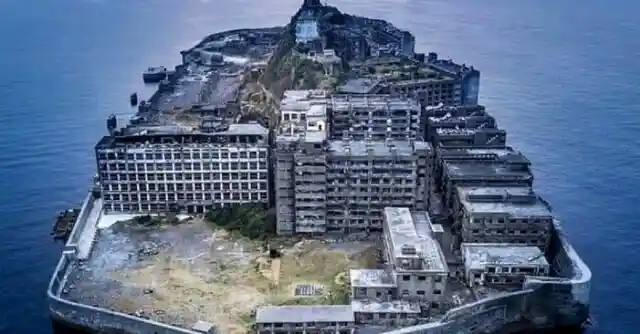
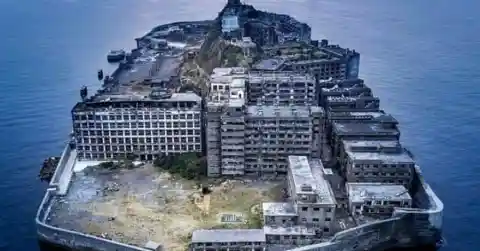
Nevertheless, there is another island that no one dares to explore barely three miles from the tourists. This is an entirely desolate island, save for the occasional rabbit or seal. And the cause is horrifying.
Nomans Land
This island out in the Atlantic ocean is aptly named Nomans Land. In stark contrast to Martha’s Vineyard, you won’t find any restaurants, hotels, or resorts here.


In fact, there are no human souls here at all. But just why is nobody willing to set foot on - let alone develop - this prime piece of real estate?
Something Lurking
The houses just three miles away in Martha’s Vinyard are worth more than a million apiece. Nomans Land is situated in a prime position. Surely someone has tried to snatch it up over the years?
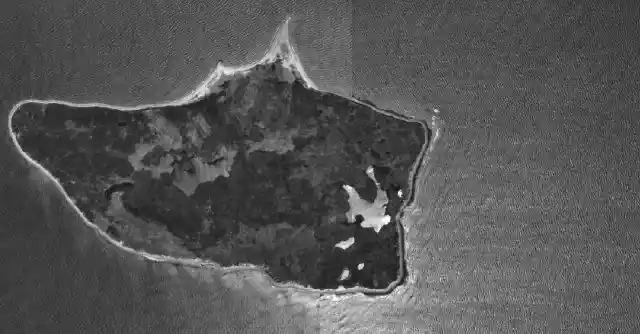
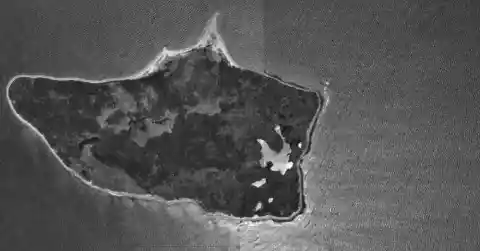
Nobody wants to touch it. The reason why this seemingly idyllic island has been left to its own devices is due to the terrifying truth lurking beneath the surface.
Once Upon A Time
The eerie island wasn’t always deserted, though. Before the British Colonization, Nomans Land belonged to the Wampanoag people. In 1602, an English privateer named Bartholomew Gosnold arrived on the island’s shores.
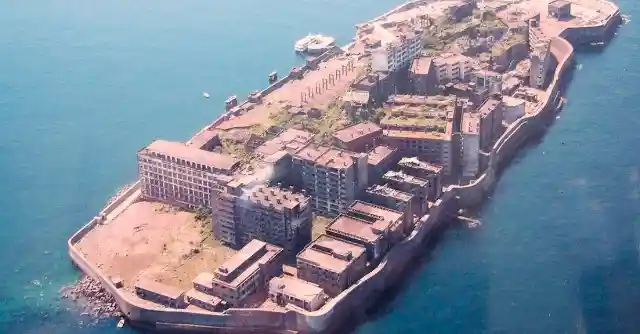
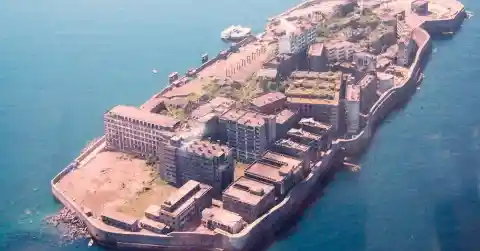
At that time, Nomans Land was controlled by Chief Tequenoman - that’s how it got its name: a contraction of Tequenoman’s Land. But now, even the descendants of the Wampanoag people are forbidden to set foot there.
Ancient Burial Sites
The modern descendants of the Wampanoag people have been fighting a legal battle to allow them access to the island for many years.
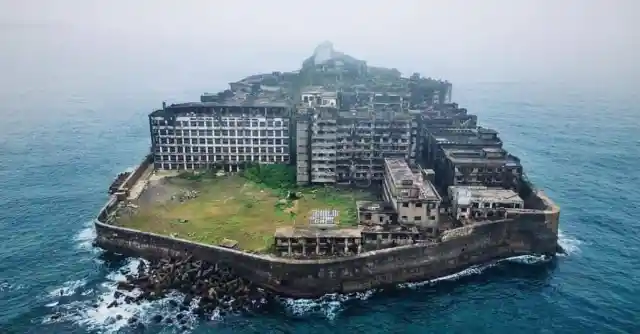
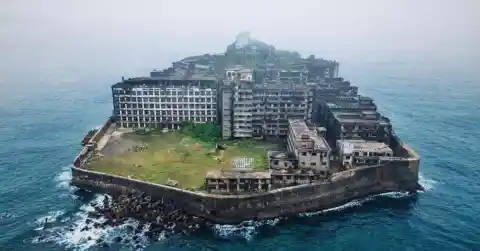
You see, there are many Wampanoag burial sites on the island, but they are forbidden to visit or pay their respects to their ancestors. And there’s a horrifying reason for that.
Scattered Ruins
Today, a handful of scattered ruins are all that’s left of the people who once inhabited the island. Here and there, you’ll find a few crumbling stone walls that mark where the houses and farms once stood.
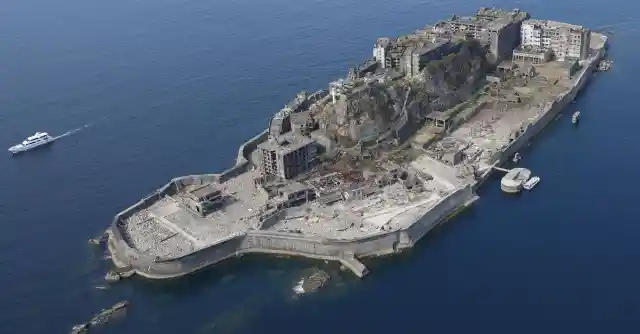
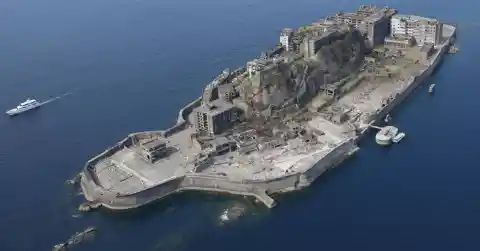
They are the only things left to testify that there was ever a human presence on Nomans Land. Where did they all go?
A Dark Past
On the surface, the shores of Martha’s Vineyard, Nomans Land, and indeed this entire part of Massachusetts look tranquil and inviting.
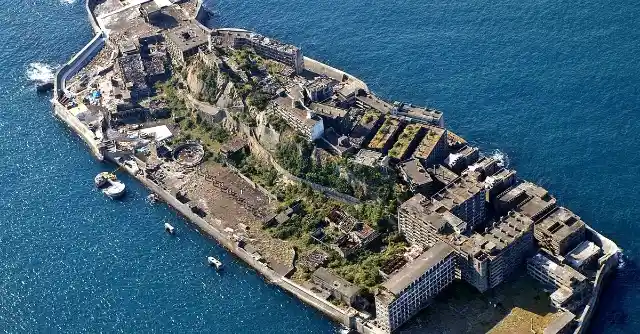
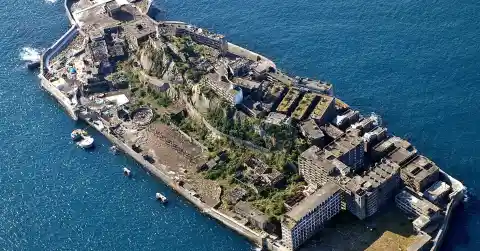
But when you begin to dig below the surface, you’ll find that this area has a dark and troubling history. One such story is about the predators that roam these Atlantic waters.
Lurking In These Waters
In 2018, a 26-year-old man named Arthur Medici was attacked by a great white shark while he was surfing off the coast of Cape Cod. Indeed, the attack changed Cape Cod forever.
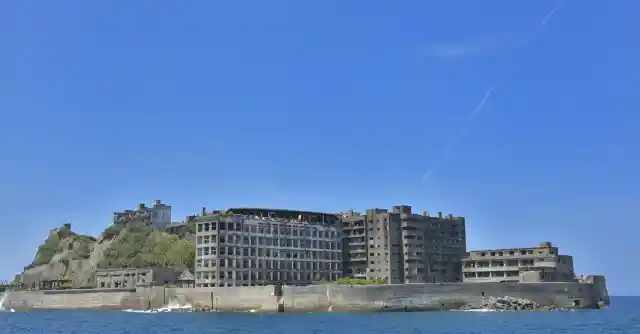
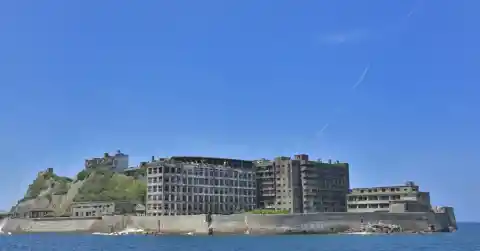
Fellow surfers observed a giant eruption, followed by the sight of a huge tail whipping out the water. The water turned red, and Arthur was gone. And there’s a great twist of irony to the whole tale.
Jaws
Ironically, Martha’s Vinyard was used as the set for the 1974 Steven Spielberg horror, Jaws. Since the movie premiered, the fear of the fearsome predators lurking in the waters became very real.
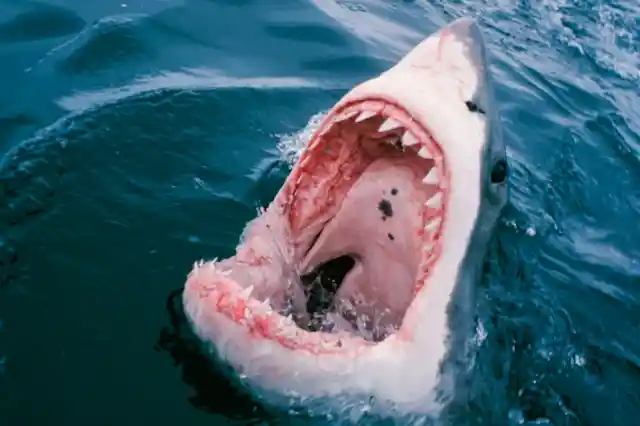
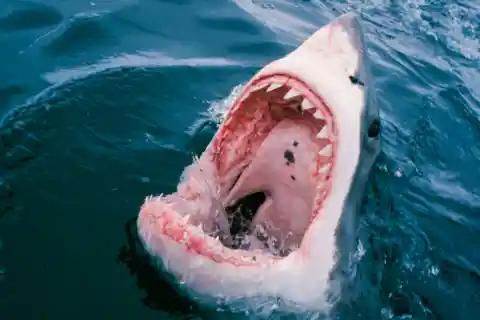
The Massachusetts Division of Marine Fisheries has been studying the migration of great white sharks for the last decade. Their conclusion? The number of these predators in Cape Cod has more than doubled in the last ten years. So, is it this fear that keeps people away from Nomans Land?
A Rich History
Martha’s Vineyard, as described by tourist brochures, is a haven of tranquility. Tourists are promised peace, serenity, quaint genteel towns, and vast tracts of pristine beaches lapped by gentle waves.
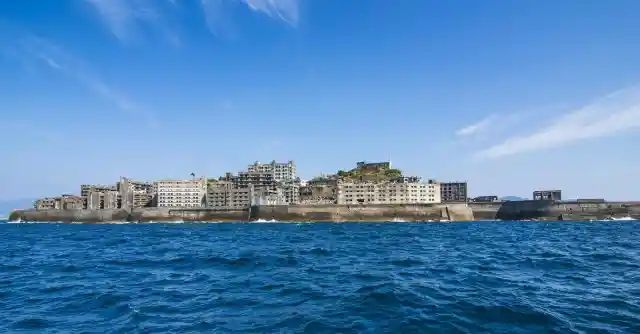
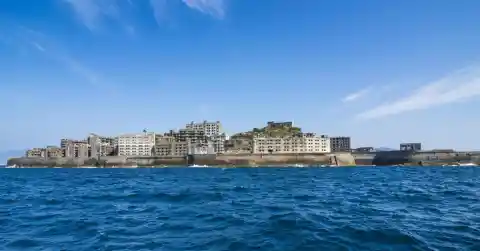
After the island was colonized, it became a hub for whaling. Sailors trawled the surrounding ocean for valuable blubber until the whaling industry collapsed. After that, Martha’s Vineyard became a tourist destination for the wealthy and shot to international fame as the town depicted in Jaws as Amity.
Something Worse
Still, thousands of wealthy Americans flock to nearby Martha’s Vineyard every summer - the fear of sharks does nothing to stop them from enjoying the luxury resorts and beaches.
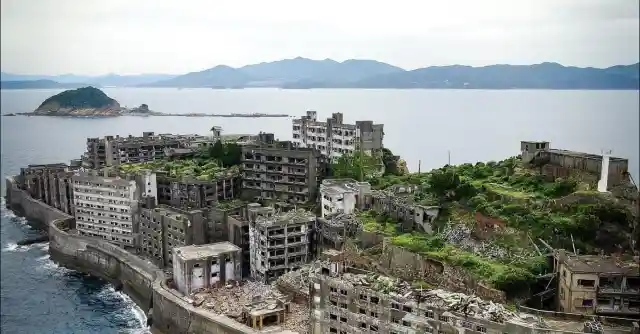
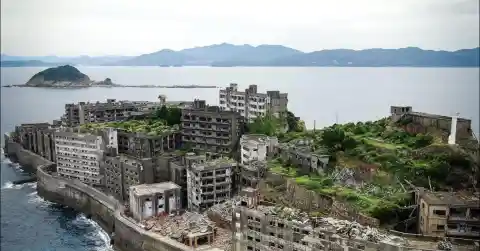
It’s not the fear of sharks that stops anyone from setting foot on the deserted island three miles away, either. It’s something much, much worse.
Something Doesn’t Add Up
According to the Chamber of Commerce, Martha’s Vineyard has around 17,000 permanent residents. During the hot summer months, this number swells as the elite flock to the wealthy enclave. But why?
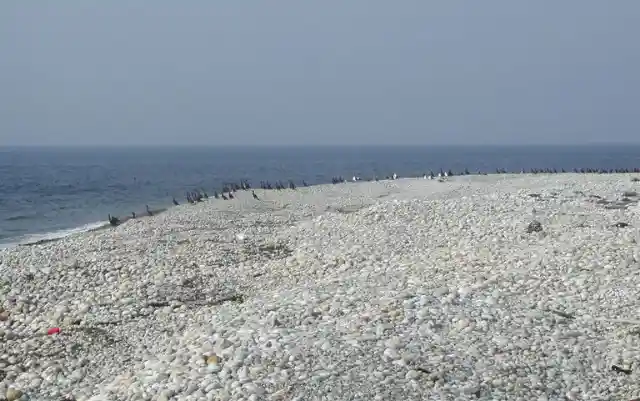
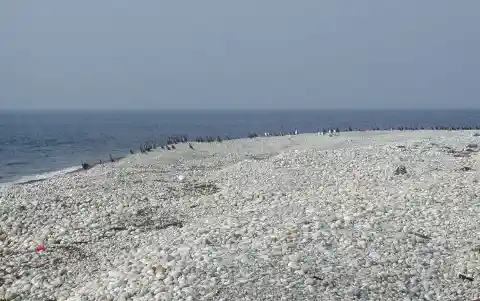
Why is Martha’s Vineyard such a popular destination, but its sister island to the southwest is completely uninhabited? To an outsider, it makes no sense.
Rare Animals
Nomans Land is teeming with rare flora and fauna, it’s only humans who steer clear of the island. Thirty percent of the land is wetland, so it provides an ideal habitat for many threatened species.
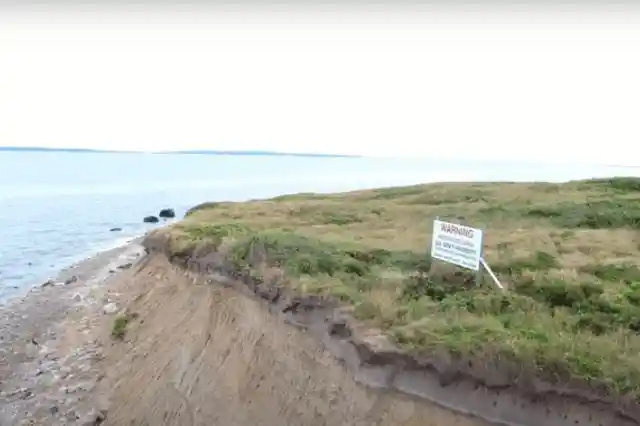
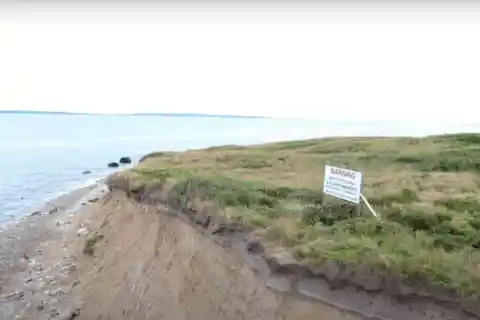
It’s home to grey seals, rare spotted turtles, and so much more. But it’s not because the island is only off-limits to humans.
No Predators
Nomans Land is the perfect sanctuary for a variety of wild animals because, aside from sharks, it is absolutely free from predators. Unlike its sister island Martha’s Vineyard, you won’t find coyotes, weasels, or fisher cats here.


Although the island seems welcoming to all forms of life, the predators, like the humans, all faded from the island long ago.
Manmade Terror
Nomans Land seems like it’s in a prime position for residents and holidaymakers - surely, such a fertile island that supports all kinds of wildlife can support people, too?
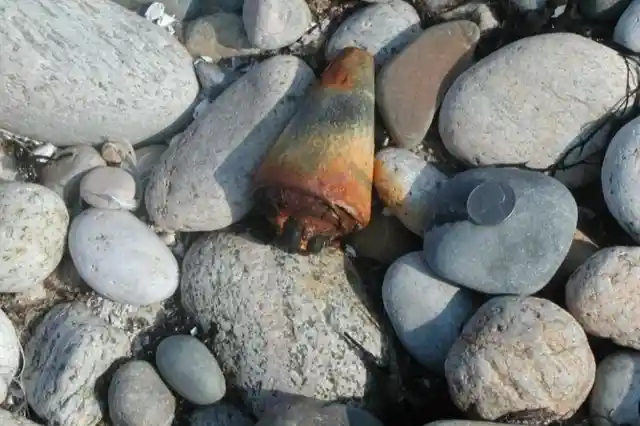
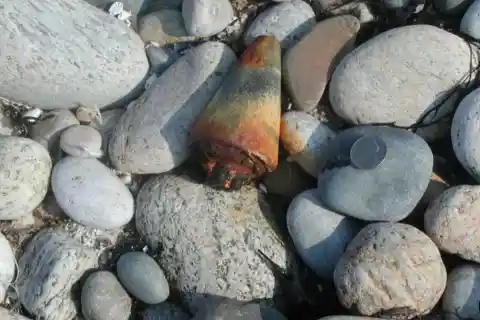
Even though the surrounding ocean is teeming with sharks, they haven’t deterred tourists from flocking to Martha’s Vineyard, just three miles away. But the terror that keeps the island off-limits is entirely manmade.
WWII
In 1942, the island was embroiled in a different kind of conflict when Japanese forces launched a surprise attack on Pearl Harbor. We all know what followed.


As American soldiers swarmed to Europe to help their allies, the Navy built an airfield on Nomans Land’s southern shores. But this wasn’t destined to be a place just for planes to refuel...
A New Buyer
From 1943, Nomans Land was used as an airfield and a naval bombing range for aviators to practice their combat techniques.
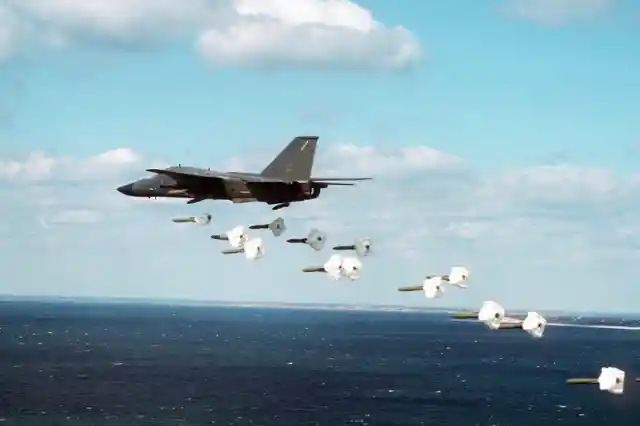

Two years later, Even when WWII came to an end and the Allies emerged victoriously, the carnage of the landscape continued on Nomans Land. Then, in 1952, the island was sold by the island’s owners to the U.S. Navy.
Devastated Landscape
By the time Nomans Land passed to a different set of owners, it had already been abandoned by its inhabitants - although the range was still active.
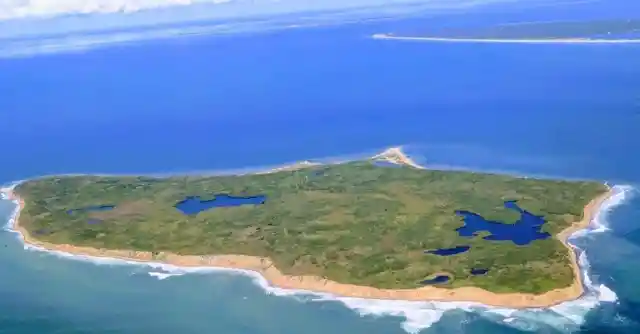
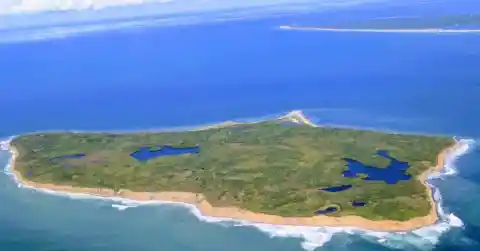
When operations finally ceased in 1996, the landscape of Nomans Land had been devastated by more than 50 years’ worth of bombs.
A Ticking Timebomb
Today, Nomans Land is littered with unexploded bombs. These sleeping giants are the reason nobody is allowed to set foot on the island. But that didn’t stop the occasional naturalist from exploring the strange abandoned place.
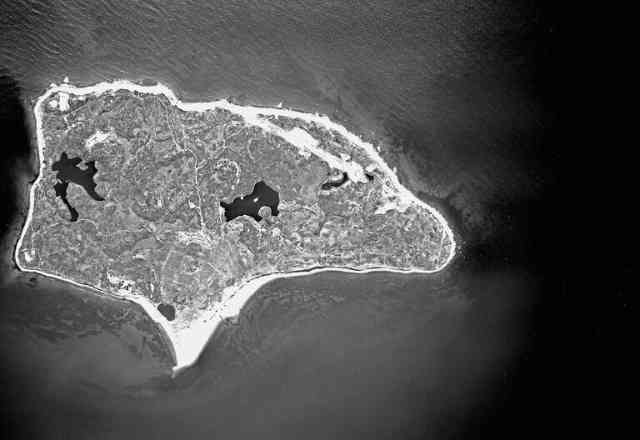
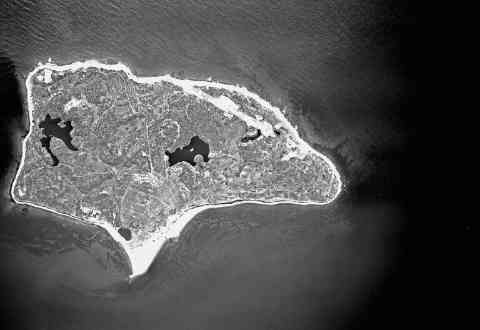
One such naturalist, Gus Bed David, traveled to the island’s shores in 1973 - while the bombing range was still active.
Exploration
Gus Van David, a resident of Martha’s Vineyard, was dispatched to the sister island to see what he could discover on the strange, abandoned land.
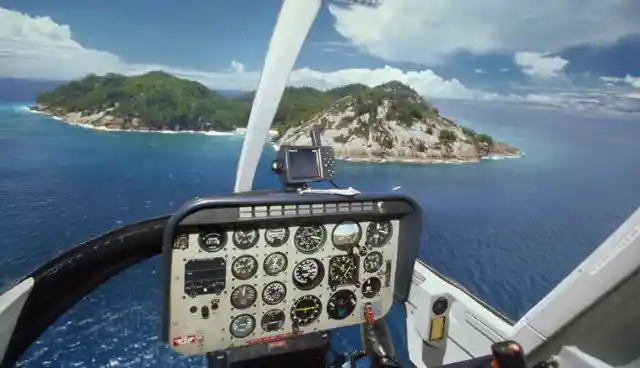
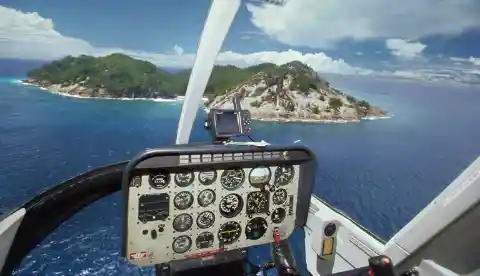
Even though the bombing range was still active at that time, it didn’t deter the determined naturalist. What he found left him floored and prompted him to tell everyone to steer clear.
Should Be Left Alone
Ben David climbed carefully up the hillsides and observed the wetlands, he was well aware of the danger of the undetonated bombs that lay all around him. But the bombs aren’t what prompted him to tell the world to leave the island alone.
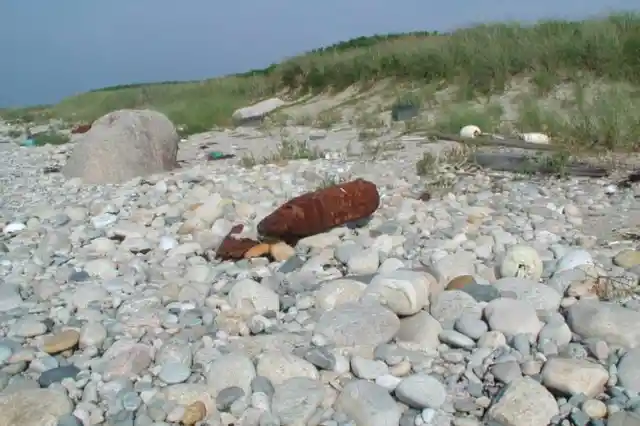
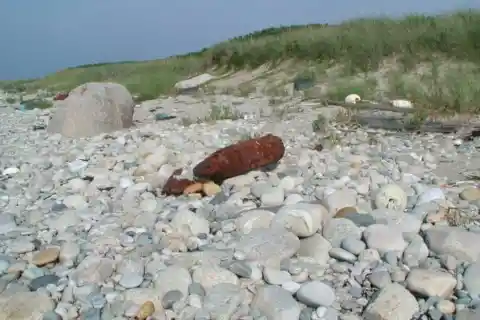
The uninhabited island, which is so unusual for the heavily populated New England coast, was a paradise for bird and marine life.
Songbirds
The fact that the island is devoid of predators and humans makes Nomans Land a haven for thousands of different songbirds.
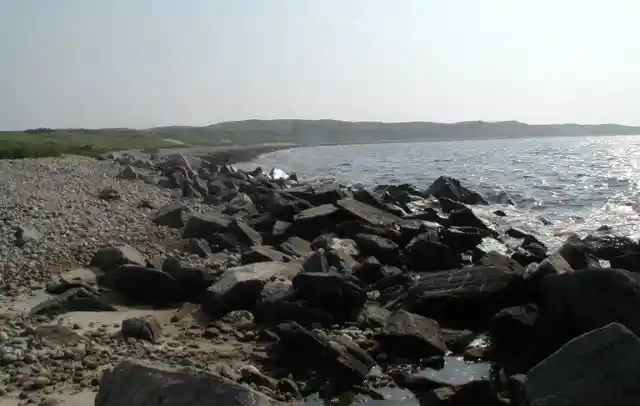
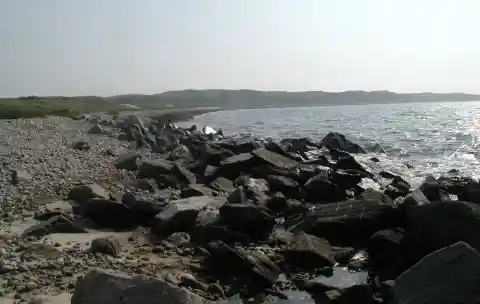
When these songbirds migrate south every year, they use the island as a safe stop on their route through the Atlantic - this important stop on the route is known as the Atlantic Flyway.
A Protected Place
Despite many suggested cleanup operations throughout the years to make the island inhabitable for humans again, Ben David argues that it should remain untouched and that the absence of people is a boon for the flora and fauna there.
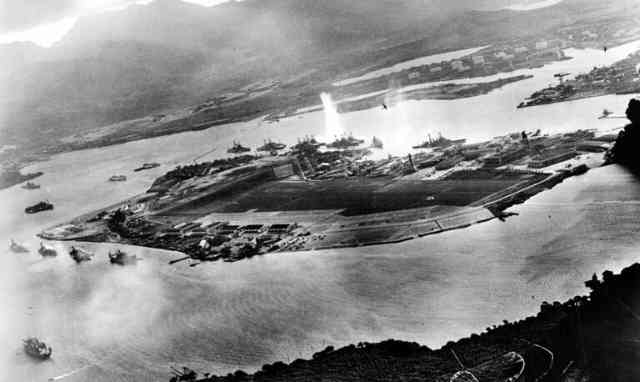
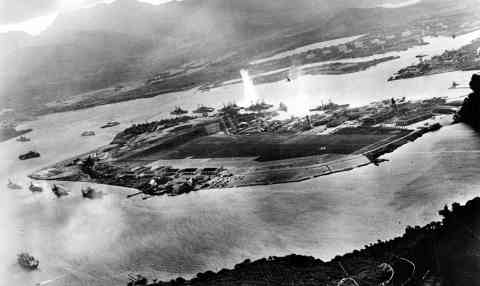
“Wildlife is a product of habitat,” Ben David says. “You protect the habitat, and you have your wildlife.”
Potential
There has been a lot of outcry over the years. People want renewed cleanup efforts to remove the undetonated bombs on Nomans Land.
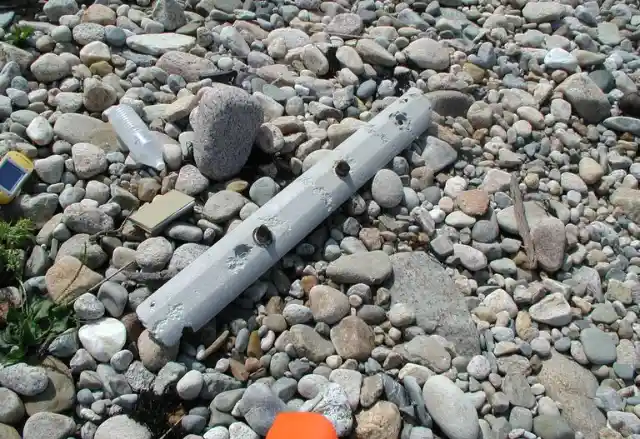
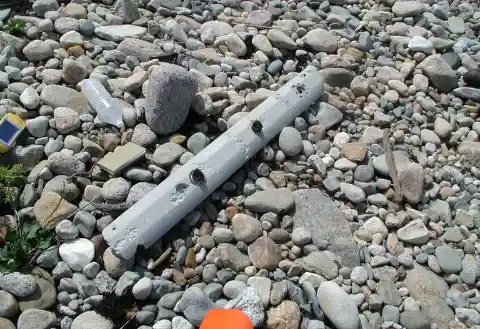
While the greedy want to grab the picturesque island and turn it into a mini-version of Martha’s Vineyard, others worry that undetonated bombs could start washing up on the shore of the popular and expensive holiday spot.
Abundant Wildlife
Ben David continues to visit the island and is always floored when he observes the natural fauna and flora thriving there.
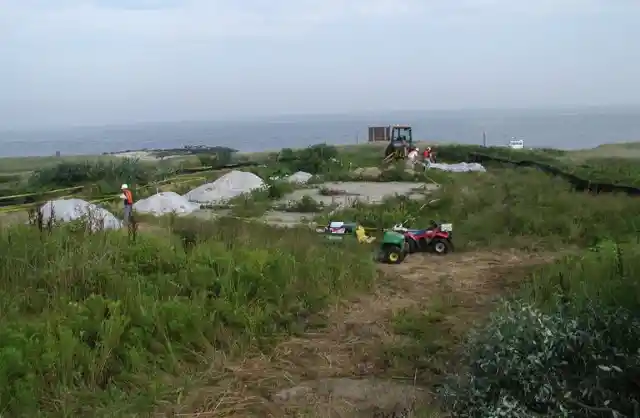
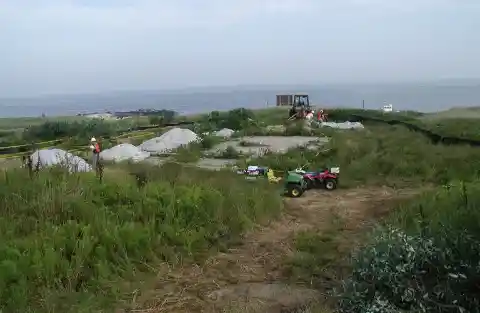
Even though he’s spent more time on Nomans Land than any military personnel, the naturalist believes the island should be left alone - even an operation to remove the undetonated bombs would destroy entire habitats beyond repair. And other naturalists agree with him.
A Human-Free Zone
Biologist Stephanie Koch is fighting to keep Nomans Land a human-free zone. “I think it’s important to have a few places that are completely prohibited from the public,” she told Boston.com.
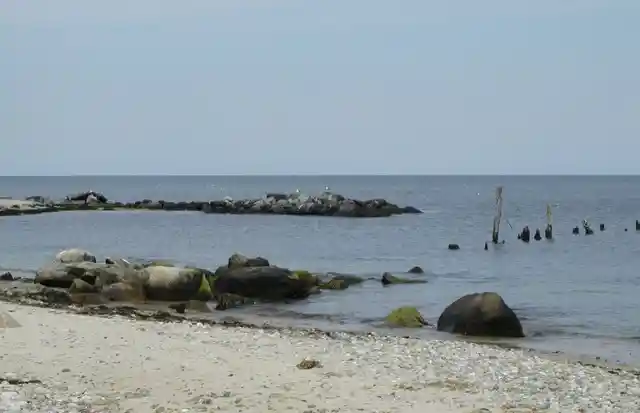
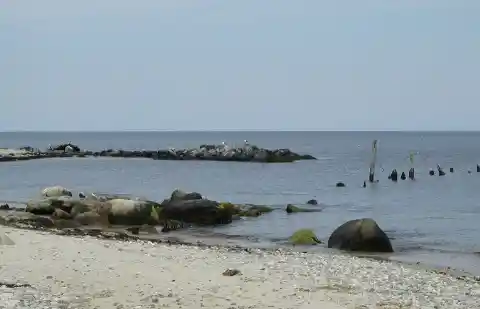
But some other naturalists disagree. After all, the island is a ticking timebomb - and an ecological disaster waiting to happen.
Pending Disaster
Ecologist Brian McCarty believes that all the debris of war should be cleaned up. According to him, the munitions scattered on the hills and beaches could corrode and poison the soil and surrounding water.
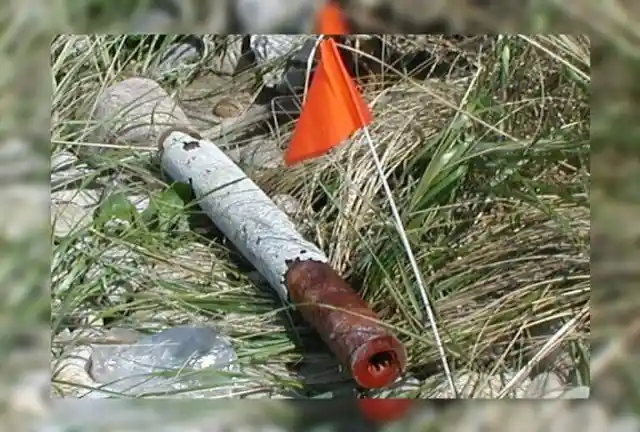
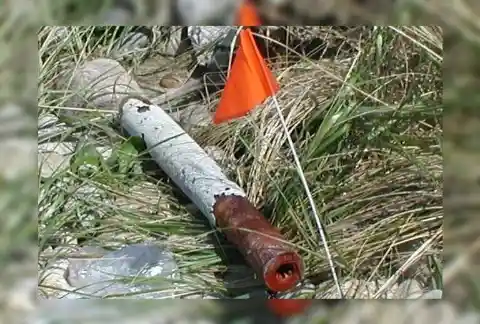
“You don’t manage anything by leaving it alone entirely and not having a connection to it,” McCarty told Smithsonianmag. The cleanup operation on Nomans Land needs to happen before it’s too late. But what do the descendants of the Wampanoag people think?
An Ongoing Battle
The descendants of the original inhabitants of the island are still fighting their legal battle to have safe access to Nomans Land.
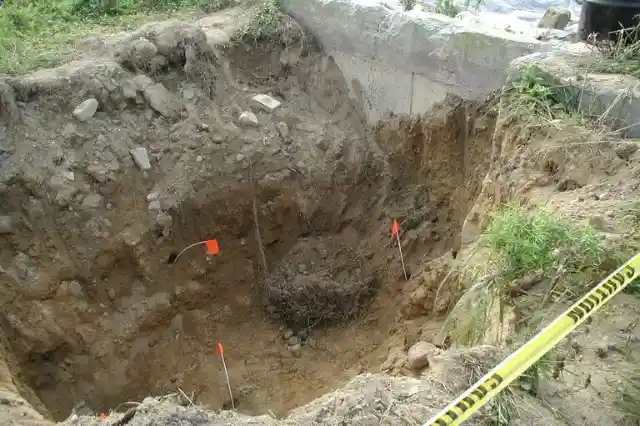
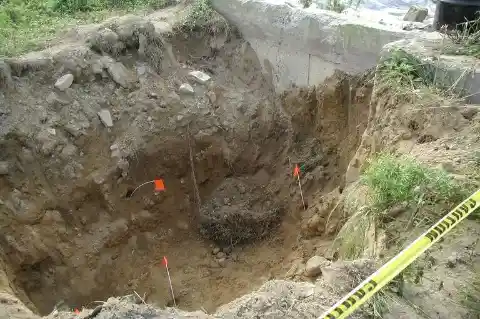
In a hearing in 2020, Bret Stearns, on behalf of the Wampanoag people, said that the island’s original inhabitants should have “greater and safer access to the island, both for cultural use, and for general access by tribal members.”
Opinions From All Sides
So the fate of Nomans Land lies between the Wampanoag people, the naturalists who want it to remain preserved, the fretting public, and the greedy.
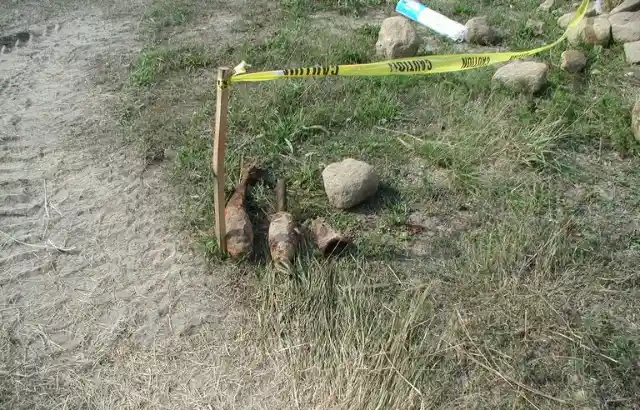
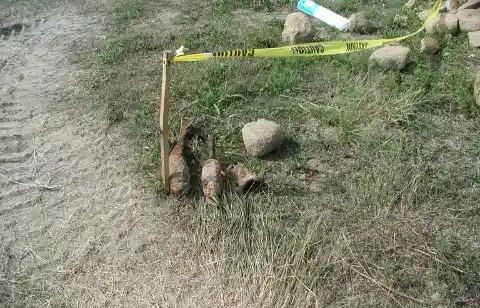
Alex Bushe, a documentary filmmaker working on a project about the island, said: “I think that there are good arguments from all sides. It’s a really, really tough call.” However, setting foot on the island for any reason is playing a dangerous game.
Up For Debate
While the idea of leaving the island to its own devices so it remains untouched by humans is alluring, it would also be logical to try and clean up the mess humanity has subjected it to for half a century. But what about the people who called Nomans Land home before any bombs were dropped there?
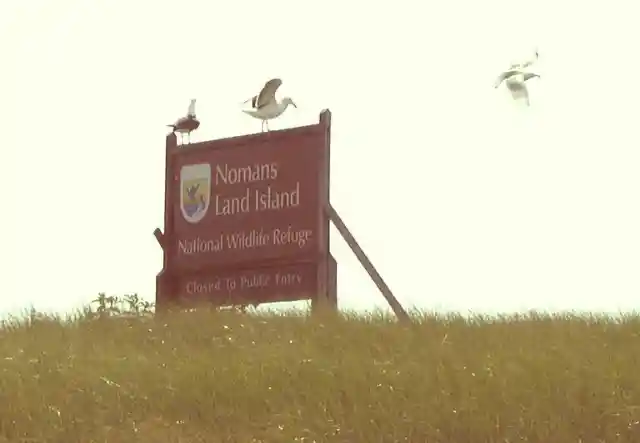
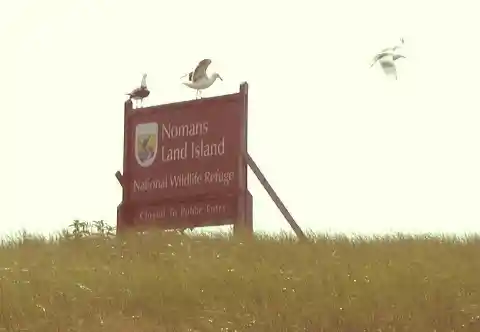
Will the island ever be opened to the public? Or will it remain a strange and desolate place? Only time will tell.
Disclaimer: To protect the privacy of those depicted, some names, locations, and identifying characteristics have been changed and are products of the author's imagination. Any resemblances to actual events, places, or persons, living or dead, are entirely coincidental.